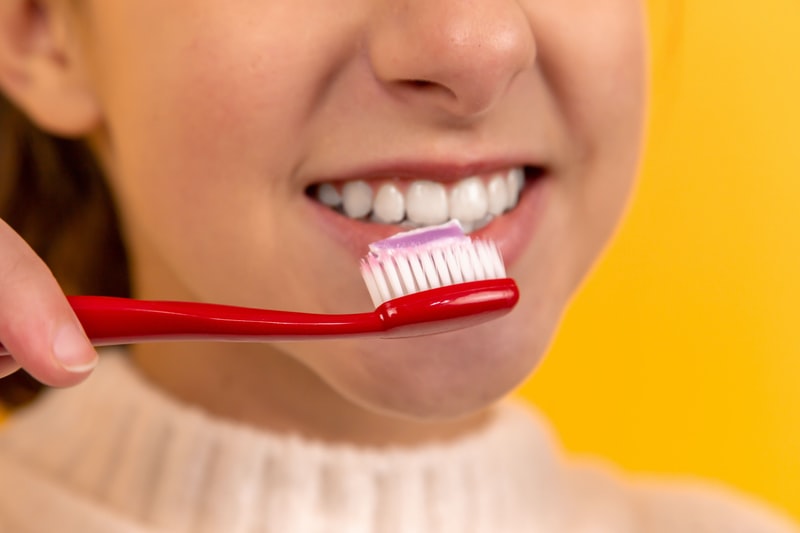Cancer remains one of the biggest killers in the world. In fact, as the average age of the population increases, so does the number of people dying from cancer. It is the second leading cause of death across the globe, second only to cardiovascular diseases. Oral cancer is deadly, but the patient has to go through a severe, painful procedure during a cancer diagnosis. But a good oral hygiene habit minimizes the chance of cancerous cell growth in the mouth area.
Reduce Chances Of Cancerous Growth With Oral Hygiene
The good news is that in many cases, cancer can be treated if it is detected early. But, of course, it is even better to identify what increases cancer risk and reduce these factors in our daily lives.
You may be surprised to realize that regular visits to a good dentist, such as this dentist St Leonards, can reduce the risk of cancer.
Cancer can spread to any body part like the lungs, uterus, mouth area, neck, and intestine. Every cancer treatment process is painful. But among all areas, the mouth and the neck areas are some of the sensitive parts of the body. Therefore, you can quickly reduce the chances of cancer by maintaining good oral hygiene.
Is There Any Connection Between Overall & Oral Health?
Your mouth is full of bacteria, the majority of which are beneficial to maintaining the balance in your mouth. Some of the bacteria even help to prevent tooth decay. However, some have less honorable intentions. These are the ones that react with the sugar in your food and create acid. This attacks the tooth enamel and damages it, increasing the risk of cavities.
But, it also does something else, it allows bacteria to get into your bloodstream. There is a vast number of blood vessels in and around your mouth. Bacteria in your blood can travel to other parts of your body and cause issues. But, you can build up good oral hygiene habits and control harmful bacteria production.
Research suggests that bacteria in your blood can travel to your brain and contribute to developing diseases such as Alzheimer’s.
However, research is ongoing.
Is Poor Oral Hygiene Linked With Oral Cancer?
The more considerable risk at present from poor oral hygiene is oral cancer. Recent studies have shown there is a link between people with poor oral hygiene and oral cancer. It is believed that the harmful bacteria in your mouth can cause healthy cells to ‘go bad.’ This is often the beginnings of cancer and, if left unspotted, will develop into oral cancer.
It is more likely to occur if you smoke or chew tobacco and have poor oral hygiene. Your genetic disposition or cancer in your family can also influence the likelihood of it happening. Good oral hygiene is the key to minimize the higher risk of cancer. If you have these types of bad habits like chewing tobacco or smoke, get rid of the habit fast to maintain oral health.
How Regular Dental Visits Help?
A regular visit to the dentist, at least once a year, will help any issues in your mouth to be spotted early. Your dentist gets a better view of your teeth, gums, and even your throat than you do. If they notice anything unusual or different from usual, they will investigate further.
This will help to ensure any issue is caught early and can be treated. Of course, good oral hygiene reduces the risk. That means brushing your teeth twice a day for at least two minutes each time.
In addition, you should floss daily, and mouthwash can be beneficial. If you have any concerns about your oral hygiene procedures, you should chat with your dentist. They will guide and even show you to help you get it right. It’s in their interests as well as good for your teeth and overall health.
Conclusion:
Good oral hygiene is not only helping you to keep your mouth clean and hygiene. The overall health benefits of a clean mouth are undeniable. So better take care of your mouth and teeth to keep your body healthy and fit. So how are you planning to minimize the chances of cancerous cell growth? Start with maintaining your mouth health.
Read Also:

























